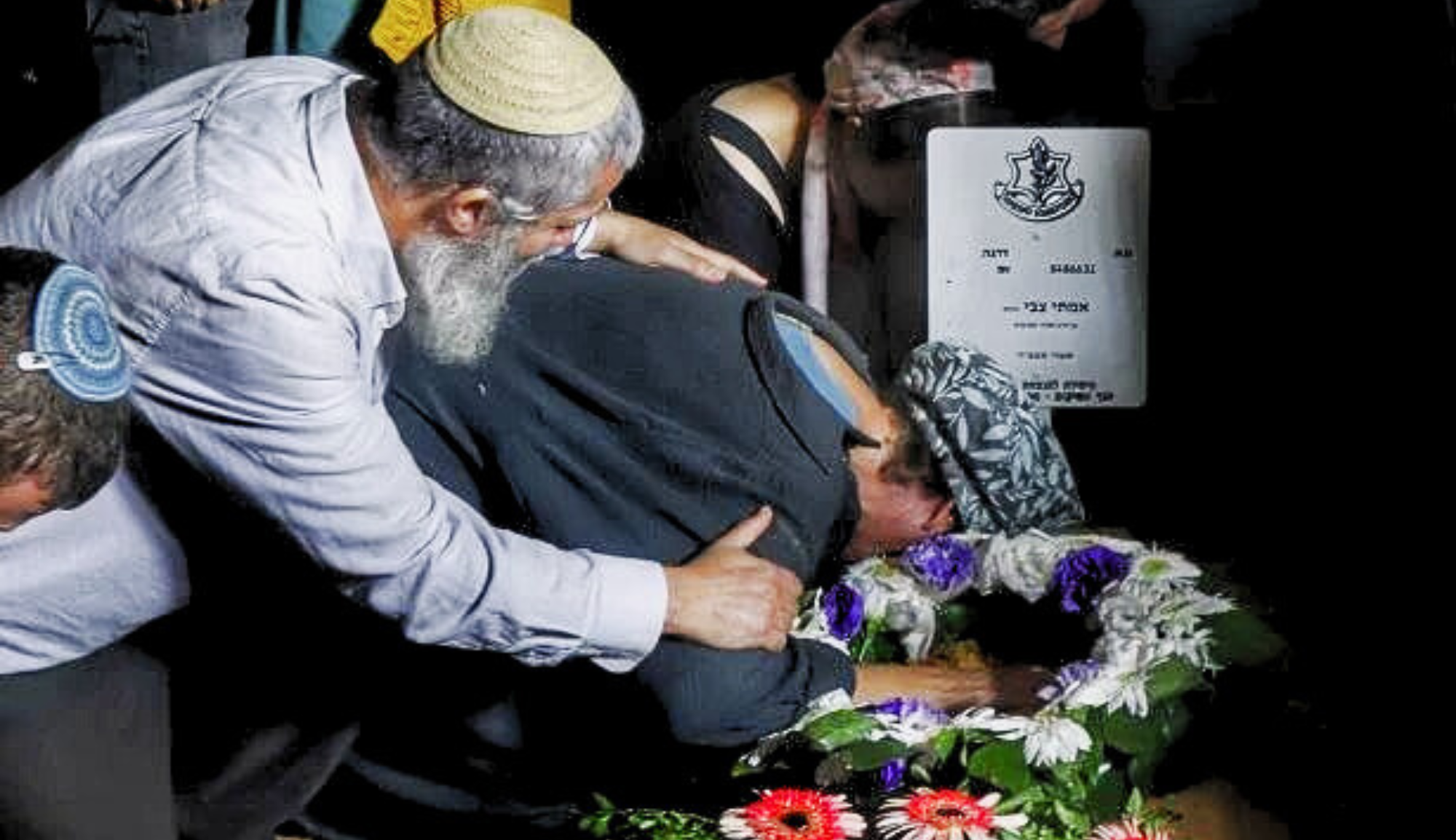One year ago today, 18Forty revealed itself to the world, in a flash of dark colors and provocative tweets. ‘What is 18Forty, who is 18Forty, why 18Forty,’ the people asked urgently, and we provided them with answers.
It has to do with the industrial revolution, change, and how our religious lives grow, change and adapt with the flowing waves of time. As time speeds up and the information age drowns us in a flood of cheap dopamine hits and clicks, will religion fall to the wayside, or be crucial to making meaning in this new reality?
The 18Forty project – from one year ago until today – has been working from within this question, as we have approached the major challenges of today. We set out to create a context in which we can approach sensitive and human crossroads of religion and life in a way that is both honest and faithful, without the reductivism and apologetics that so often inform communal conversations. We have been guided by the timeless words of the great Jewish poet Rilke, who, in his Letters to a Young Poet, urged his young friend not to fear the questions or hide from them, but to “live the questions now:”
I want to beg you, as much as I can, dear sir, to be patient toward all that is unsolved in your heart and to try to love the questions themselves like locked rooms and like books that are written in a very foreign tongue. Do not now seek the answers, which cannot be given you because you would not be able to live them. And the point is, to live everything. Live the questions now. Perhaps you will then gradually, without noticing it, live along some distant day into the answer.
This past year, we have learned to live the questions, by approaching some of the most fundamental questions of contemporary religious learning and life. We are more for it.
To celebrate our one year anniversary, we are turning back to the best of our past, bringing you a reader of our favorite articles from this past year.
We have been joined on this journey by the thousands of listeners and learners of our intellectual community, who challenged us to go deeper, with greater wisdom and insight.
Each topic is a world in its own right. These are the worlds we have entered so far this year, guided by those more wise than us: Comedy, OTD, Talmud, Biblical Criticism, Intergenerational Divergence, Agunah Crisis, God, Mysticism, Science & Religion, Social Justice, and Jewish Peoplehood, in no particular order. We think of each topic as a beginning of conversation and thought, and hope to respect the depth and profundity of each topic by returning to them again with time.
We have spoken with academics, scientists, lawyers, rabbis from all different denominations, Roshei Yeshiva, dreamers, scholars, leaders, followers, journalists, writers and comedians and performers and bloggers, therapists and mystics, activists and teachers. We spoke to parents and children, people born in faith and people who left faith. These people helped us live the questions, and at each step we have been guided by the books and texts and ideas that shape our world.
People and texts are the two sources of wisdom that have lit our path . The former have graced us with conversation, bringing honesty, erudition, passion, and sincerity to our life. The latter have informed and illumined these conversations, bringing us in touch with the ways the ideas of today and ancient ideas are interacting. Religious life, and particularly Jewish life, is constituted in a delicate balance between these two, the ‘lived’ and the ‘learned,’ as we call it elsewhere.
Between the ideological hopes of our texts and the lived reality of humanity, between the top-down aspirations of heaven and the bottom-up hopes of earth, we live our religious lives betwixt and between. One challenge of a life informed by these wisdoms is in growing wiser from the contributions of each, from the books we read and the people we learn from, to grow with our feet on the ground and our head looking up to heaven.
As our founder and host, David Bashevkin put it in his opening words about 18Forty:
Today, we are once again faced with the choices and challenges society confronted in 1840 on an even greater level. While many of the benefits brought by these changes are self-evident, these rapidly accelerating changes are causing new societal and individual challenges. The levels of anxiety, depression, and other mental health concerns are rising at an alarming rate, especially among Millennials and Generation Z. Traditional familial and communal emotional support networks are being replaced by impersonal online communities. And the exponential rate of technological development makes the future feel unpredictable.
As a society, how will we construct meaning in today’s age of limitless information? Some will see religion as an anachronistic artifact from a simpler and more naïve time. 18Forty hopes to confront some of those challenges and present a new vision for the value of religion in the modern age.
We have come a long way in this past year. Talking and thinking about the foundational and fundamental questions of Judaism has taught us a lot about the kinds of conversations that our listeners are desperate for, and we have been moved by the feedback we have gotten. To celebrate our one year anniversary, we are turning back to the best of our past, bringing you a reader of our favorite articles from this past year. These offer a window into who we are, and how far we have come. We are young and growing, and hope to grow alongside you. Let us know what you love, and hate, and what you want more of. We want to hear your voice, and learn together. Email us at info@18forty.org or connect through social media. We can’t wait to hear from you and to live the questions together.
Download the full PDF above for the reader, which includes four of our favorite 18Forty articles from this past year.





































